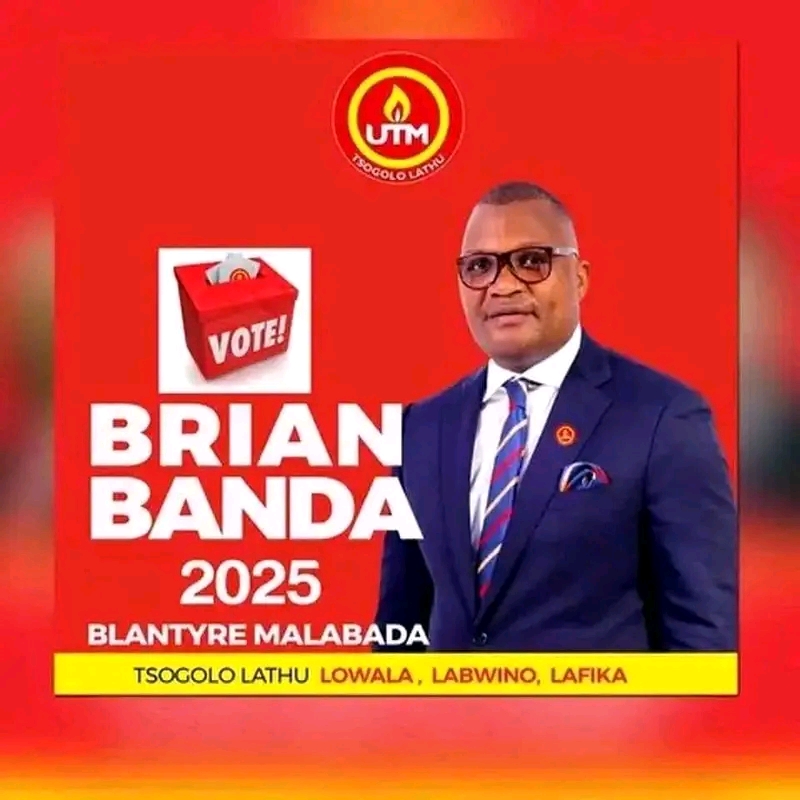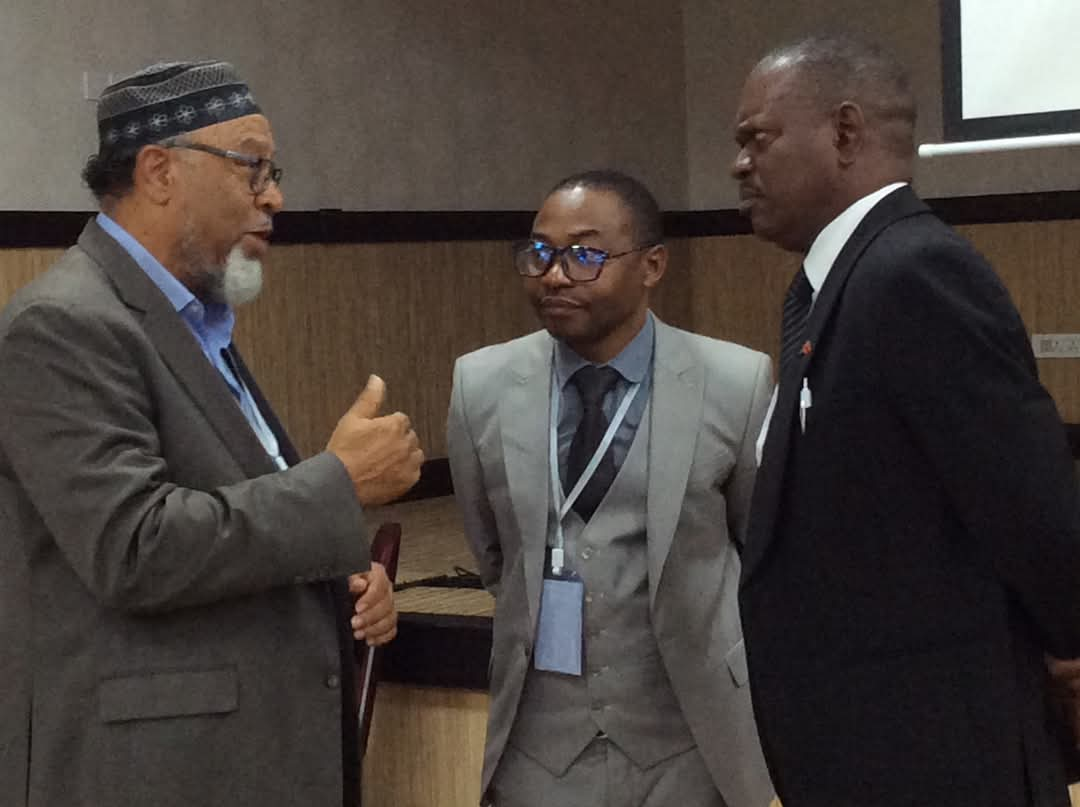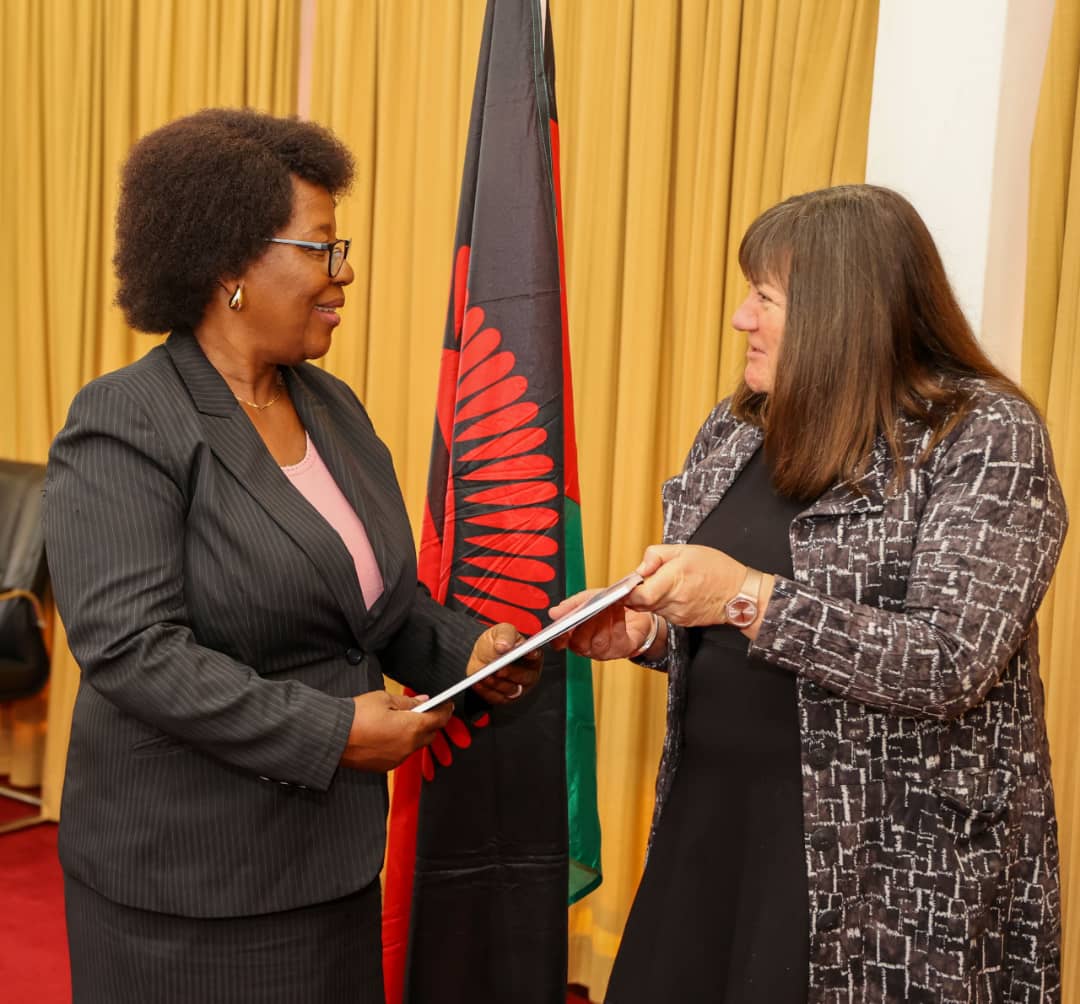By Burnett Munthali
Onjezani Kenani’s recent commentary highlights a grave situation where journalists Cathy Maulidi and Brian Banda have become victims of harassment and threats. The attacks they face underscore a troubling trend of political intimidation against the media, revealing deep-seated issues within Malawi’s political and social landscape.
Cathy Maulidi‘s troubles began following her reporting on a cabinet minister. The sharing of her mobile number on a political party’s WhatsApp group led to a barrage of threats aimed at silencing her critical reporting. Brian Banda, on the other hand, has faced increased hostility after featuring presidential aspirant Dalitso Kabambe. The situation for Banda has escalated to the creation of a false poster suggesting his political ambitions, a tactic designed to discredit and intimidate him further.
These incidents reflect a disturbing pattern where journalists are targeted for their professional work. The weaponization of personal information and the spread of misinformation are tactics employed to suppress free speech and discourage investigative journalism. By attacking journalists, those behind these actions aim to undermine the media’s role in scrutinizing public officials and informing the public.
Kenani’s condemnation of these attacks as a “monumental shame and a colossal disgrace” is a powerful statement on the broader implications for press freedom and democracy. Journalists like Maulidi and Banda perform essential functions in a democratic society. They provide checks and balances on those in power, contribute to public discourse, and uphold transparency in governance.
When journalists are targeted and threatened, it represents an assault on democracy itself. Intimidation tactics designed to silence critical voices threaten the integrity of the media landscape. Such actions not only compromise individual journalists’ safety but also erode public trust in media institutions. If journalists fear for their safety, they may be deterred from reporting on critical issues, leading to a less informed public and weakened democratic processes.
The response to these attacks must come from both political leaders and civil society. The government, political parties, and law enforcement agencies need to take a firm stand against such intimidation. This includes investigating the sources of threats, holding perpetrators accountable, and ensuring the protection of journalists.
Additionally, there needs to be a broader societal commitment to upholding press freedom. Media organizations, advocacy groups, and the public must support journalists and call out any attempts to undermine their work. By standing in solidarity with journalists, society reaffirms its commitment to a free and independent press, which is crucial for a functioning democracy.
*Conclusion*
The harassment of Cathy Maulidi and Brian Banda highlights a dangerous trend of political intimidation against journalists in Malawi. Such attacks are not just personal grievances but represent a broader threat to democratic values and press freedom. Ensuring the safety of journalists, addressing the underlying causes of intimidation, and reinforcing societal support for a free press are essential steps in preserving the integrity of democratic institutions. As Onjezani Kenani rightly points out, any assault on journalists is an assault on democracy, and it is imperative that such practices are firmly rejected and eradicated




